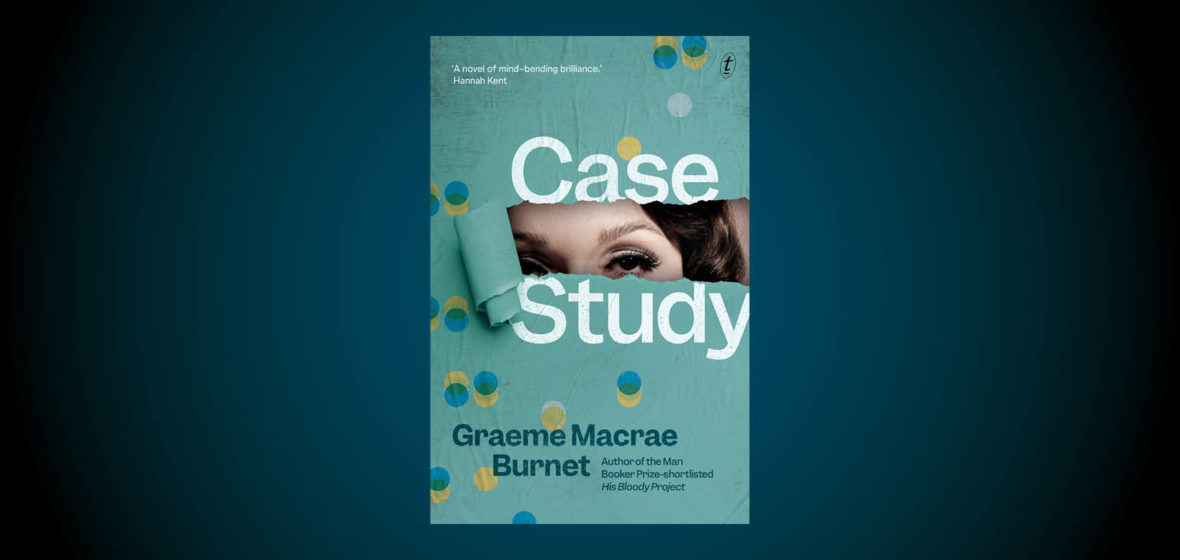The Scottish author always likes to play a game with his readers – and even if you’ve read each of his previous three books, you might still fall prey to this trick of his imagination. In each prologue, Burnet assumes the identity of “GMB” – sometimes translator, occasional distant relative, or perhaps an author-researcher – to present his work as the findings of his latest project. What follows, he will urge, is a mere outlaying of material, with occasional footnotes or biographical interludes. In fact, Case Study, as in his earlier novels, is an entirely dreamed-up work of fiction – one that is fun, suspenseful, daring and unsettling all at once.
The novel switches between notebooks given to GMB, the contents of which concern the methods of controversial 1960s psychotherapist Dr Collins Braithwaite, and chapters of biographical material on Braithwaite gathered by the author through research and interviews. GMB has been loosely researching the psychiatrist, whose books and irate, pompous television appearances sparked brief fascination and later fury within London and Oxford social circles during an era of radical psychology. The notebooks, found in the dust of a deceased estate and mailed to the author, were penned by a woman who believes Dr Braithwaite’s methods killed her older sister Veronica; “as responsible for her death [by suicide] as if he had strangled her with his bare hands.”
The woman adopts the persona “Rebecca Smyth” – a name she considers both benign enough to not seem fake and a nod to Daphne Du Maurier’s iconic novel – and infiltrate Braithwaite’s office as a patient to uncover his secrets, taking detailed notes of her alter ego experiment along the way. But who is being deceived? The doctor, his patient, the fringe characters, or us, the reader? Burnet toys with grand ideas of truth and identity in a manner so playful, it’s a masterful literary game of shadows.




